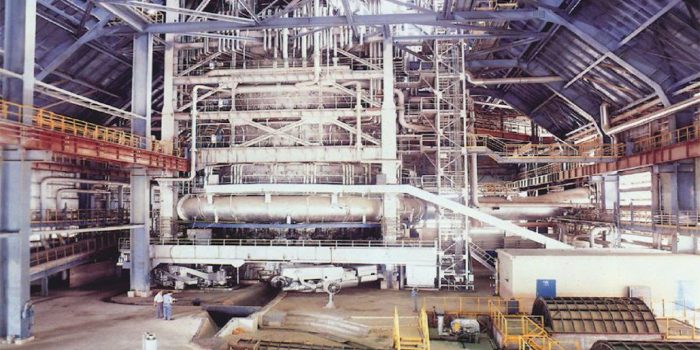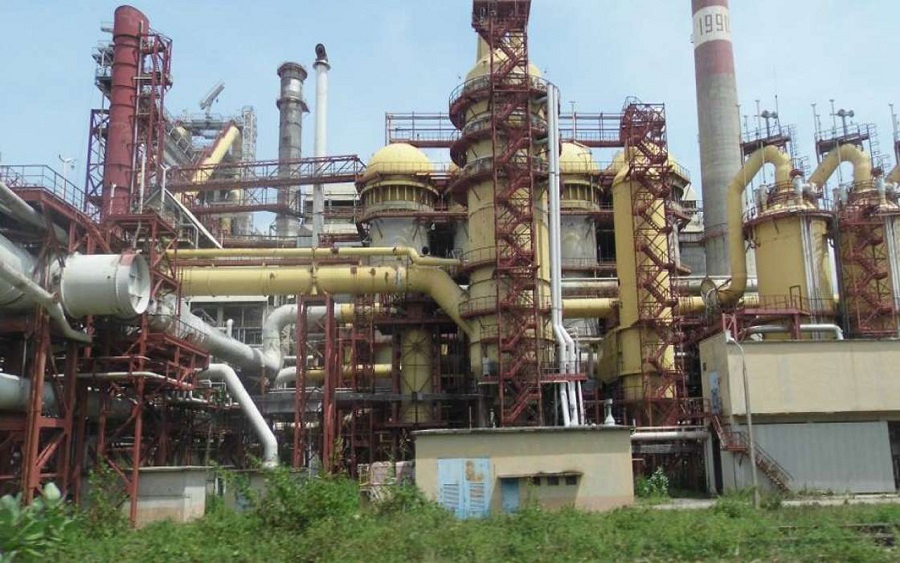Russian-based firm, MetProm Group, has concluded an assessment of the Ajaokuta Steel Complex which the company intends to take charge of. MetProm identified some outstanding issues during its facility tour of the steel company located in Kogi State.
The on-the-spot assessment was carried out by a delegation comprising members of MetProm and Russian government official, Deputy Head of Mission, Trade and Economic Affairs, Valery Shaposhnikov.
[READ MORE: 30,000 job loss recorded in steel sector]

Nairametrics had reported last month that a proposal to rejig the services of the long abandoned Ajaokuta Steel had been tabled before the Federal Government by MetProm Group. This was made public after a meeting between a delegation of Russian officials and the Ministry of Mines and Steel Development.
The Ajaokuta Steel Complex was originally built by another Russian firm, TyazhPromExport (TPE), but in 2016, a former Minister of Mines and Steel Development, Kayode Fayemi, explained that the Federal Government decided to jettison TPE because the company did not want to complete the steel mill.
It was revealed that the Ajaokuta Steel was burdened by some ‘outstanding infrastructural issues’, and if the steel company is to resume operation, the Federal Government will have to address the issue. According to Shaposhnikov, a rail line and functional seaport are needed to ease the operation of the steel mill.
The company doesn’t just want to rehabilitate the steel mill but also expressed a desire to maintain it when fully operational. However, to ensure effective use of steel mill, MetProm has identified infrastructural issues that could be detrimental at the production stage.
[READ ALSO: N200 million worth of low gauge roofing sheets seized in Uyo]
While speaking on the findings of MetProm after the assessment tour of the Ajaokuta facility, Shaposhnikov said, “There seems to be a number of outstanding infrastructural issues that the country will have to address before it can fully capitalise on the plant.
“A railway is essential for a continuous supply of ore from the remote mines; a port would be needed to secure a trouble-free shipment of coal.”














